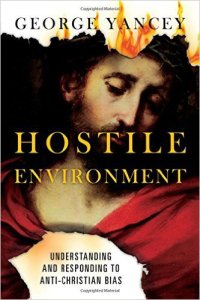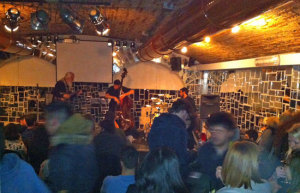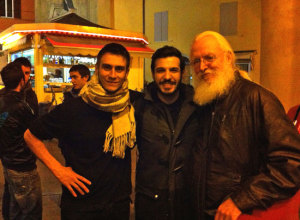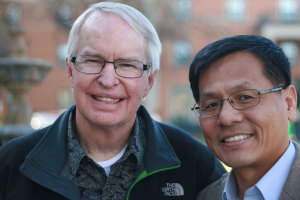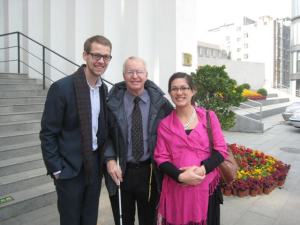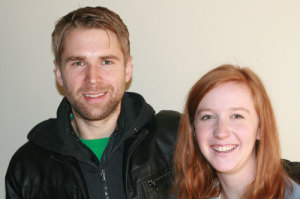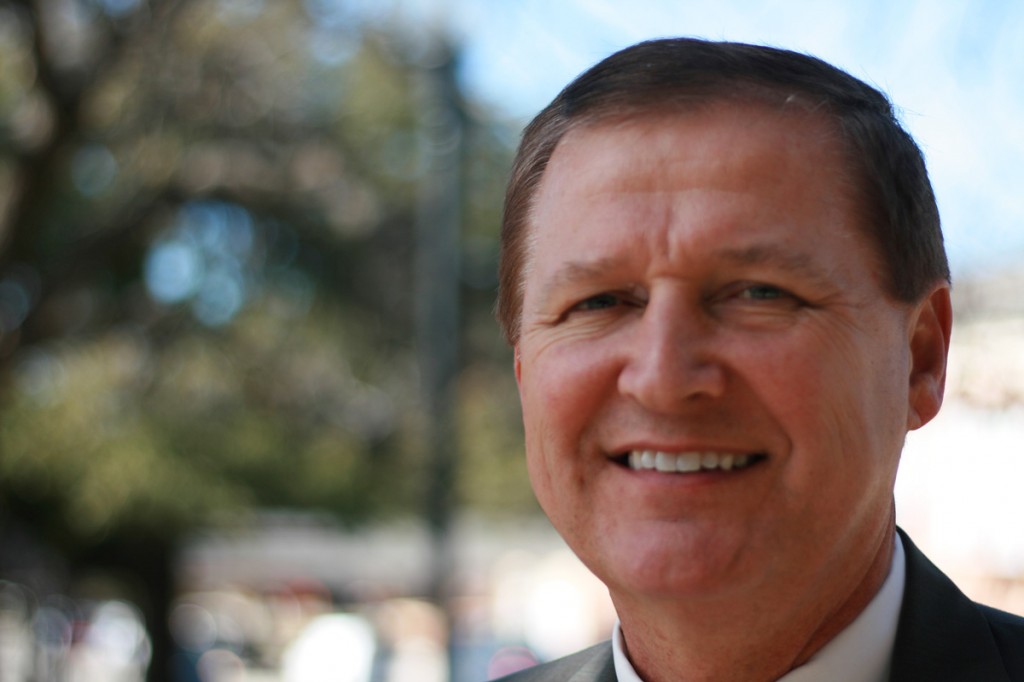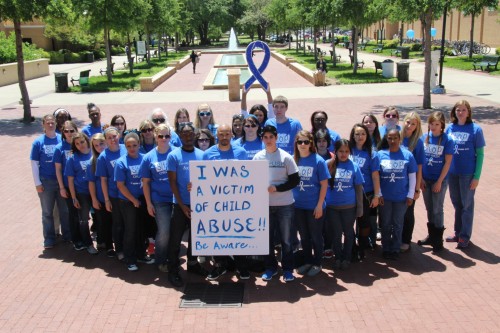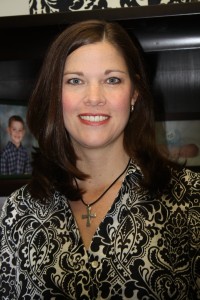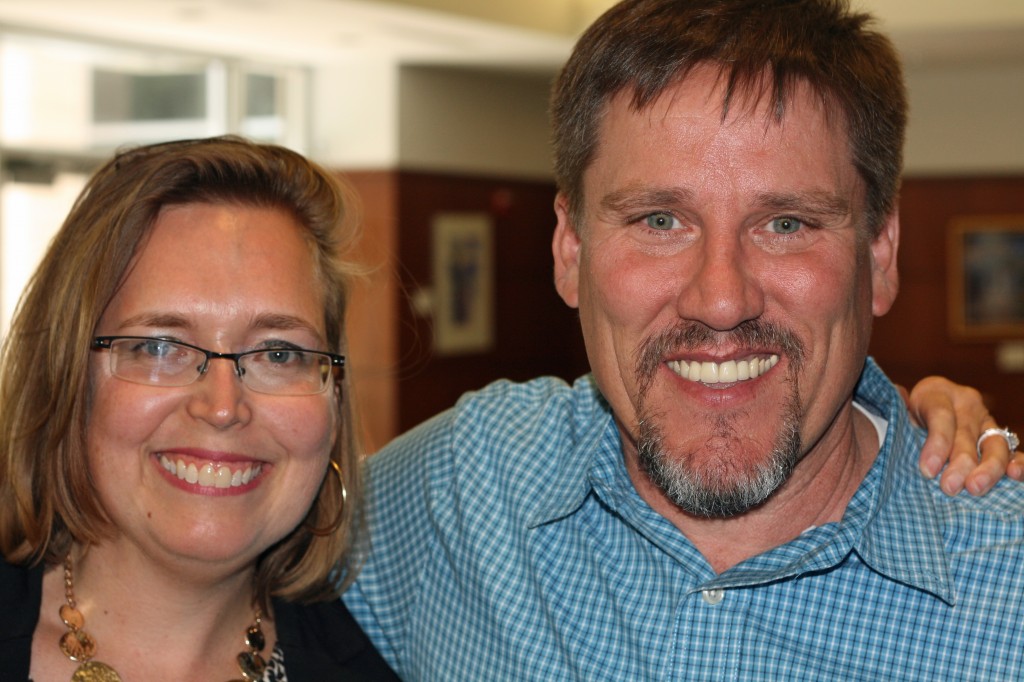George Yancey has been involved with the Christian faculty group at UNT for many years, speaks at our meetings and leads a fellowship for Christians in graduate school. In his early years as a sociologist he studied racial diversity -‐-‐ or the lack of it -‐-‐ in Christian churches, and wrote several books including United by Faith, and Beyond Racial Gridlock.
Several years ago he felt a need to address what he saw as a growing bias against Christians on America’s university campuses. His survey of academics confirmed his suspicions, and resulted in several books documenting this: Compromising Scholarship, and So Many Christians, So Few Lions.
One conclusion from his research: “A small, but growing body of work indicates that in certain social areas Christians face real discrimination. Recently in the United States overt hostility toward certain Christians has been greater than overt hostility toward Jews.”
How should we respond to such hostility? That is the reason for his latest book Hostile Environment:
“An important challenge for Christians is to convince such individuals that they have the same rights to influence the public square as anyone else. Learning how to communicate, and hopefully find ways to co-‐exist, with them will help determine whether there will be a persistent cultural conflict or if a truce is possible.”

